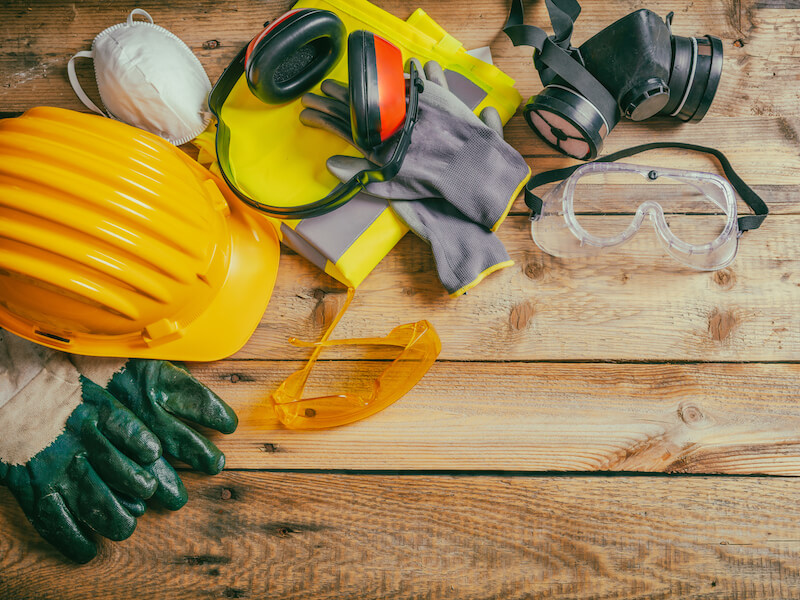
Every year, about 2 million workplace injuries are documented. Typically, we think about a hand caught in a piece of machinery or a flying projectile when we consider work-related injuries.
But the most prevalent workplace injury is far more insidious and frequently goes unreported. It sneaks up on people extremely gradually over the course of several years. The injury goes undetected until the effects become impossible to disregard. Excuses are a normal reaction. “It’s just part of growing older” or “It’s a short-term issue”. This response is normal.
And it’s unusual for people to even realize that their workplace is to blame for this injury.
Hearing damage is this insidious injury. There are a number of warning signs you should identify, and there are essential steps you need to take if you think the damage is already done.
How Loud is Too Loud?
Sustained exposure to sounds louder than 85 decibels (dB) can cause long-term damage to your hearing. For reference, a vacuum cleaner runs at about 75 decibels dB. A lawnmower generates 85 dB. If you’re exposed to a chainsaw or leaf blower you’re dealing with 100 dB. And the volume of a gunshot comes in at 140 dB.
How loud is your workplace? Are you being exposed to the most prevalent workplace injury? Over time, your hearing is likely to be damaged if you’re regularly exposed to sound as loud as a lawnmower, even if it’s not continuous.
Hearing Damage Signs
If you work in a noisy environment, there’s no question you’re damaging your hearing.
The following is are early warning signs that you’re experiencing hearing loss:
- You regularly ask people to repeat themselves.
- Your friends and family tell you your TV, radio, or computer tablet volume is too high.
- Loud sounds cause pain in your ears.
- You’re hearing noises in your ears like ringing, hissing, or whistling.
- You can’t understand the person speaking if there’s background sound.
- When you speak with people you always believe they are mumbling
- When people speak, you tend withdraw.
- Conversations sound muffled.
- You confuse consonants – “Todd” sounds like “Dodd,” for instance.
What Are Employers Doing to Decrease Hearing Damage?
In settings that are really loud, technology is being used by businesses or organizations to reduce workplace noise. Government agencies are working to modify guidelines that will reduce workplace noise and protect employees.
Employees are coming forward as they become aware of the long-term damage that workplace noise is causing. With time, their voices will result in further change.
Preventing Further Damage
Protecting your ears before they become damaged is the best plan if you work in a loud setting. Potential damage will be decreased by wearing protective earplugs or earmuffs.
Make an appointment for a hearing examination as soon as possible if you suspect a noisy workplace has caused damage to your hearing. You will discover how to avoid further damage when you find out how much hearing damage you have. We address any hearing damage you already have and develop strategies to help you counter any additional damage.